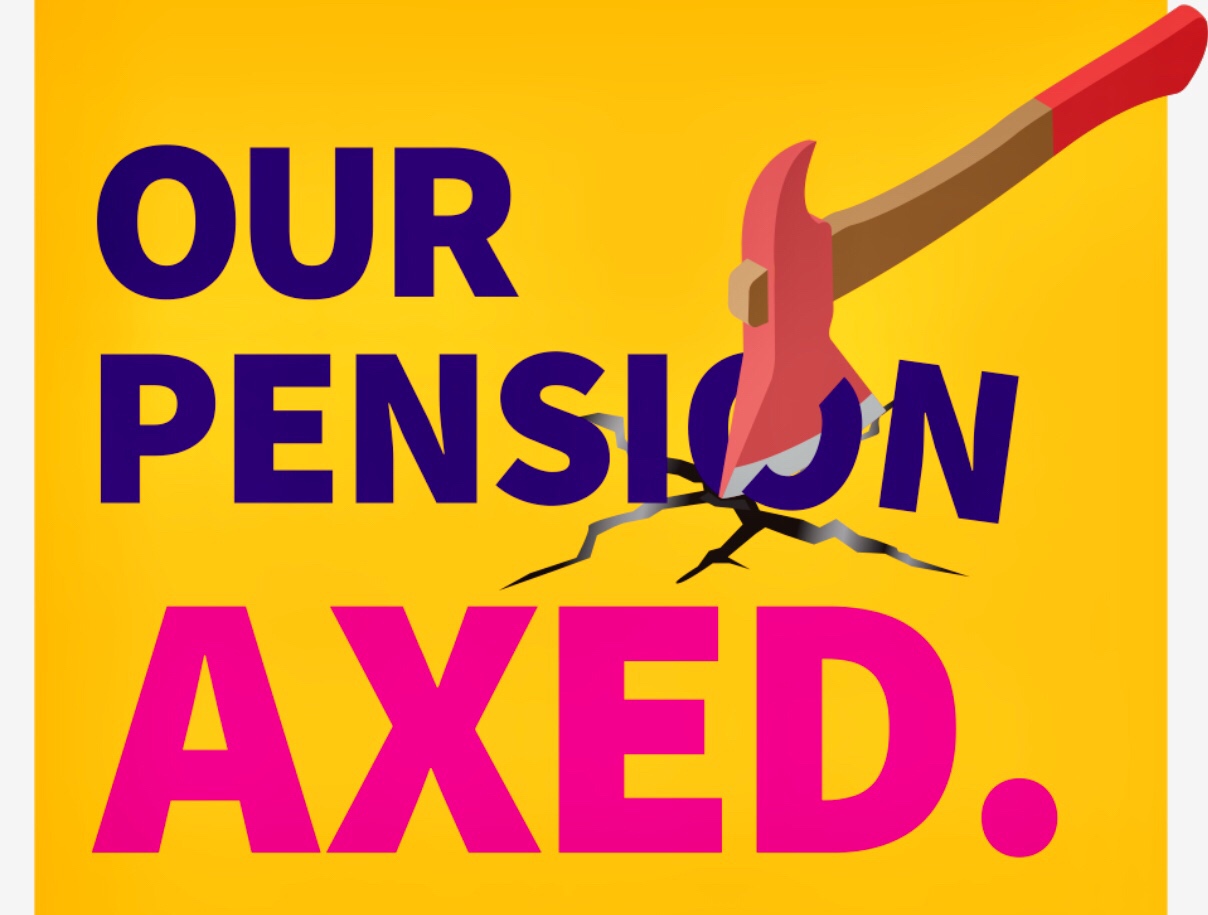Staff at Sussex and 60 other universities are due to start a 14-day strike over pensions tomorrow (Thursday 22 February).
The strike has been called by the University and College Union (UCU) over proposed changes that, it said, would leave a typical lecturer worse off by almost £10,000 a year in retirement.
The staff going on strike will be those on grades 7 to 10 – the higher grades. Those with lower pay and less generous pensions are not involved in the current dispute.
And the universities involved are mostly those that were universities before 1992 – before the conversion of the former polytechnics such as Brighton University.
Those taking action were described by one person as the longer-serving, more senior, better-paid academics.
There was a concern that if their strike succeeded and they managed to protect their current perks, then students and junior staff would effectively be left to pick up the tab.
The pension fund in question, the Universities Superannuation Scheme (USS), is in deficit to the tune of billions of pounds.
University bosses have been told to take action to put the scheme on a sustainable financial footing by the Brighton-based Pensions Regulator, an official watchdog.
The options usually include employers and/or staff paying in more in contributions and/or smaller payouts in retirement. Current pensioners’ payouts have significant legal protection.
Some students have signalled support for their lecturers. But others are concerned about the impact of lost contact time, particularly those completing dissertations and approaching their final exams.
Given fees of more than £9,000 – and even higher sums for overseas students – there have been suggestions that students might take strike action themselves, calling for a partial refund of their fees. Some may even sue.
An email to staff from Sussex vice-chancellor Adam Tickell said: “The university recognises our colleagues’ right to take lawful industrial action and I personally respect the reasons why individuals may wish to strike.
“At this stage it is difficult to gauge the levels of support for the action but the university must plan for significant participation to ensure that we can put in place arrangements to keep core services running as normally as possible.”
The vice-chancellor urged colleagues to work “to ensure we can minimise the impact on our students’ experience “.
He added: “I would like to extend my thanks to the many colleagues who will be working hard to ensure the university continues to operate during this challenging period.”
The scheduled strike dates are over four weeks – tomorrow and Friday (23 February), Monday 26 February to Wednesday 28 February, Monday 5 March to Thursday 8 March and Monday 12 March to Friday 16 March.







